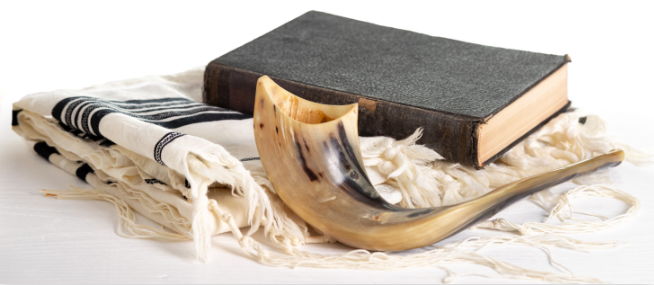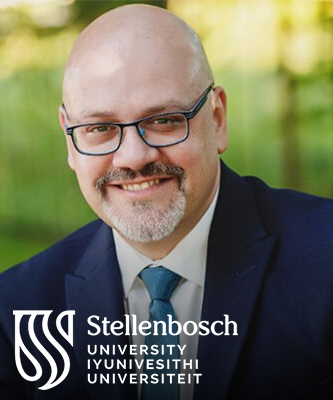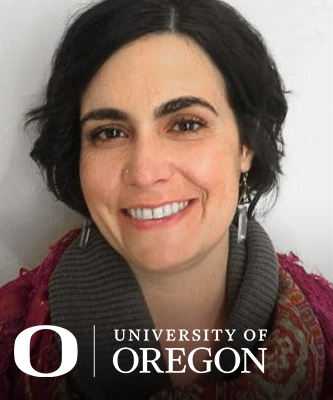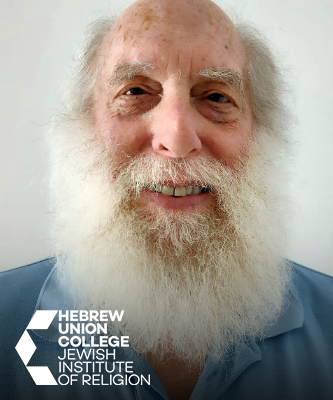
Course Description
This course uncovers the spiritual, historical, and practical elements of Hebrew prayers, exploring the “how” and “why” of Jewish liturgy. Delve into the spirituality of prayer, its role in fostering personal and communal connection with God, and its historical development. Learn the structure of prayers, from Birkot Hashachar (morning blessings) to the Kedushah, and examine key texts like the Siddur, Machzor, and Haggadah. Across 30 engaging classes, discover how Hebrew prayers shape daily, Shabbat, and festival services, deepening your understanding and experience.
When do our courses start?
We have a few starting dates so you can choose the class that best suits your schedule. Our next class starts on Sunday, March 30 at 1:00 PM. If you are interested in one of our classes click on the schedule below to start the registration process.














 Available on WhatsApp
Available on WhatsApp